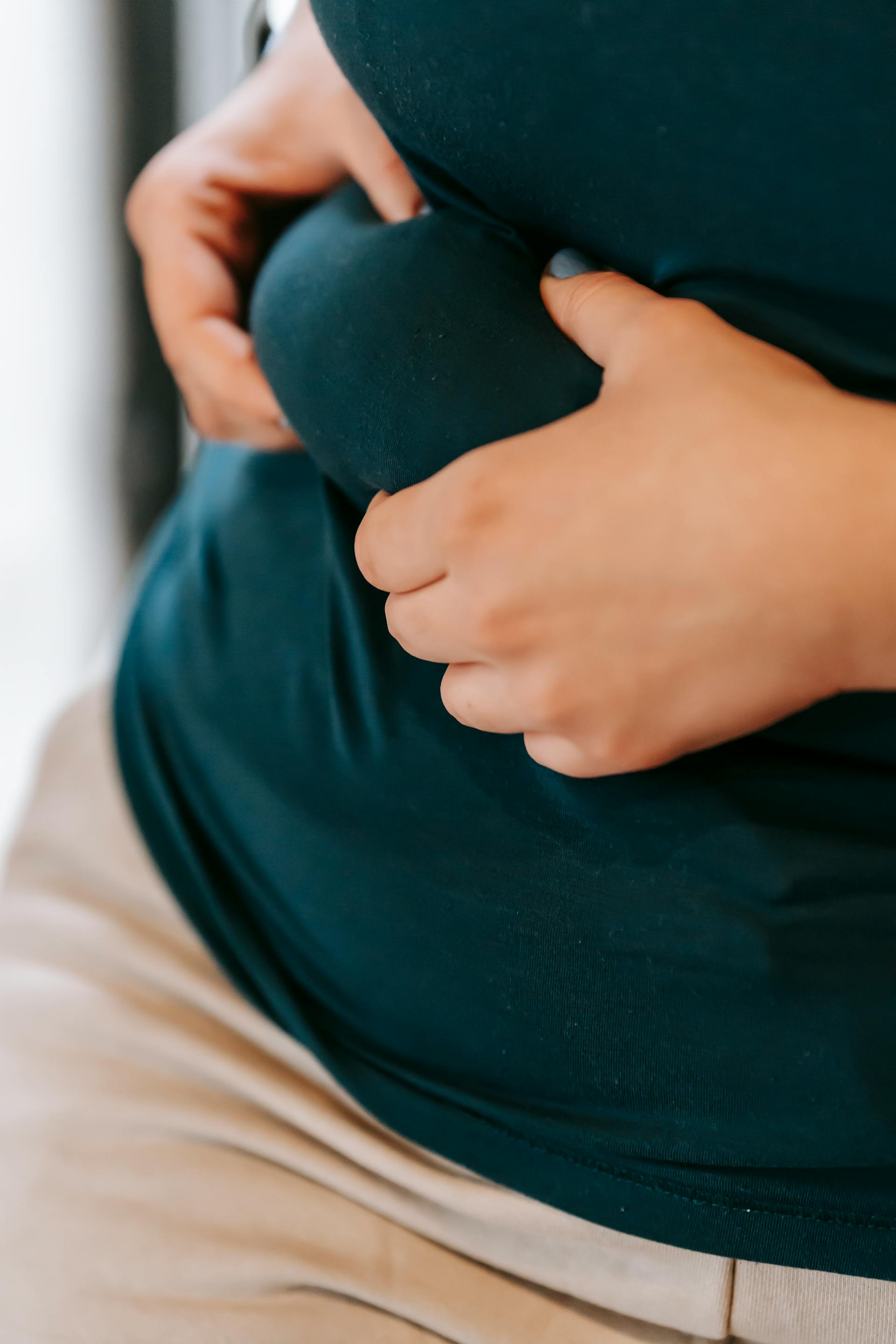
Are you feeling down about your loosening waistband?
When it comes to exercise, you might find it hard to wake up early… Or in the afternoon, you’re busy with work, picking up kids, or commuting…
After work in the evening, should you eat first? Exercise first? What if you’re too energized after exercising and can’t sleep?
What’s really the best time to exercise? And how does the optimal exercise time differ for different groups of people?
Morning Exercise Has Numerous Benefits!
For Fat Loss: Exercise in the Morning!
Try switching your exercise time to morning for better fat-burning efficiency!
Research published in the “American Journal of Physiology: Endocrinology and Metabolism” shows that fasting exercise can increase fat oxidation and improve insulin sensitivity. A 2013 study in the British Journal of Nutrition revealed that morning fasting exercise burns 20% more body fat compared to exercising after breakfast. Scientists discovered that exercising at different times activates different “enzymes and metabolic pathways.” In the morning, our bodies have higher levels of metabolites that activate glucose and fat breakdown. This suggests that morning exercise increases muscle cells’ ability to metabolize glucose and fat, resulting in higher fat burning.
However, it’s strongly recommended not to exercise on an empty stomach in the early morning, as it might lead to accidents due to low blood sugar—try drinking some sugar water before exercising!
For Work Efficiency: Exercise in the Morning!
Multiple studies show that morning exercise can reduce mental stress and improve mood throughout the day.
It can even enhance focus, learning ability, and decision-making skills, greatly improving work efficiency!
For Better Sleep Quality: Exercise in the Morning!
Undoubtedly, morning exercise prevents oversleeping. This can help adjust your “biological clock,” making you feel tired earlier in the evening and even promoting deep sleep, improving sleep quality. If you experience insomnia after evening exercise, morning exercise is definitely recommended!
Different People, Different Optimal Exercise Times
Despite the many benefits of morning exercise, everyone has different rhythms, habits, physical conditions, and exercise goals, so the “best exercise time” varies.
For Muscle Gain: Exercise in the Afternoon!
Research shows that muscle strength peaks in the afternoon, making it the optimal time for muscle-building exercises, often leading to better performance.
This might explain why many competitive sports events are scheduled in the afternoon.
For Elderly or Those with Heart Conditions: Exercise in Early Evening!
This is because: Early morning is often a high-risk period for cardiovascular events (like stroke and heart attack).
The risk of ischemic stroke in the early morning is 4 times higher than other times; and between 7-9 AM, the risk of cardiovascular disease death is 70% higher than other times.
Therefore, for elderly people, especially those with chronic conditions like hypertension or heart disease, it’s recommended to exercise at least 1 hour after lunch or dinner.
For Obesity and Diabetes Patients: Exercise in the Evening!
A study of nearly 30,000 people showed that for obese people and those with Type 2 diabetes, moderate to intense exercise after 6 PM yields the best results!
This maximally reduces the risk of cardiovascular disease and microvascular disease—providing greater benefits than morning or afternoon exercise.
However, since these individuals often have higher body weight, they should avoid exercises like jumping rope, fast running, or advanced yoga (which might damage joints), and instead focus on brisk walking, slow jogging, swimming, or progressive strength training.
Therefore, what suits you best is what’s best for you.
Exercise Recommendations for Everyone
How do you determine what “suits you”?
In short: Observe your body’s response after exercising for a period.
If you maintain good energy levels, appetite, and sleep quality after consistently exercising at a certain time, then it’s suitable for you!
Conversely, if you often feel drowsy, fatigued, or unable to sleep… don’t force it—try a different time!
Finally, regardless of when you exercise, remember these three things:
- Warm up properly to avoid injury
- Replenish water and energy appropriately and timely
- Choose suitable exercise types based on your condition to ensure safety
The key to good exercise is consistency. Don’t worry about not moving; worry about “starting and stopping.”
Remember: The best time to exercise is always—NOW!

